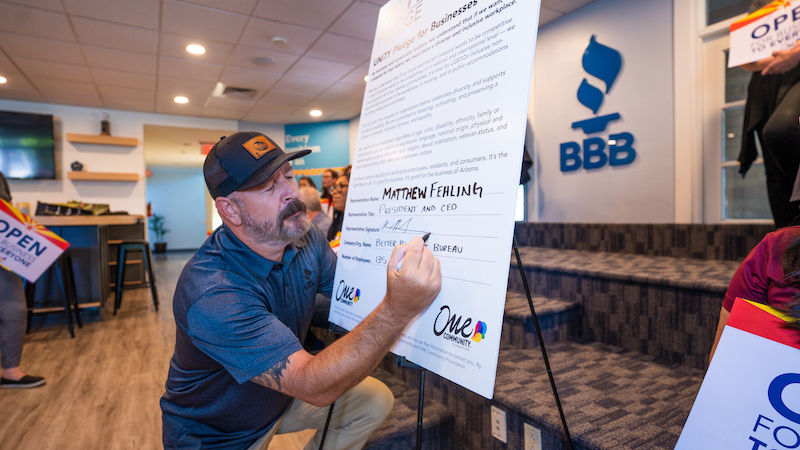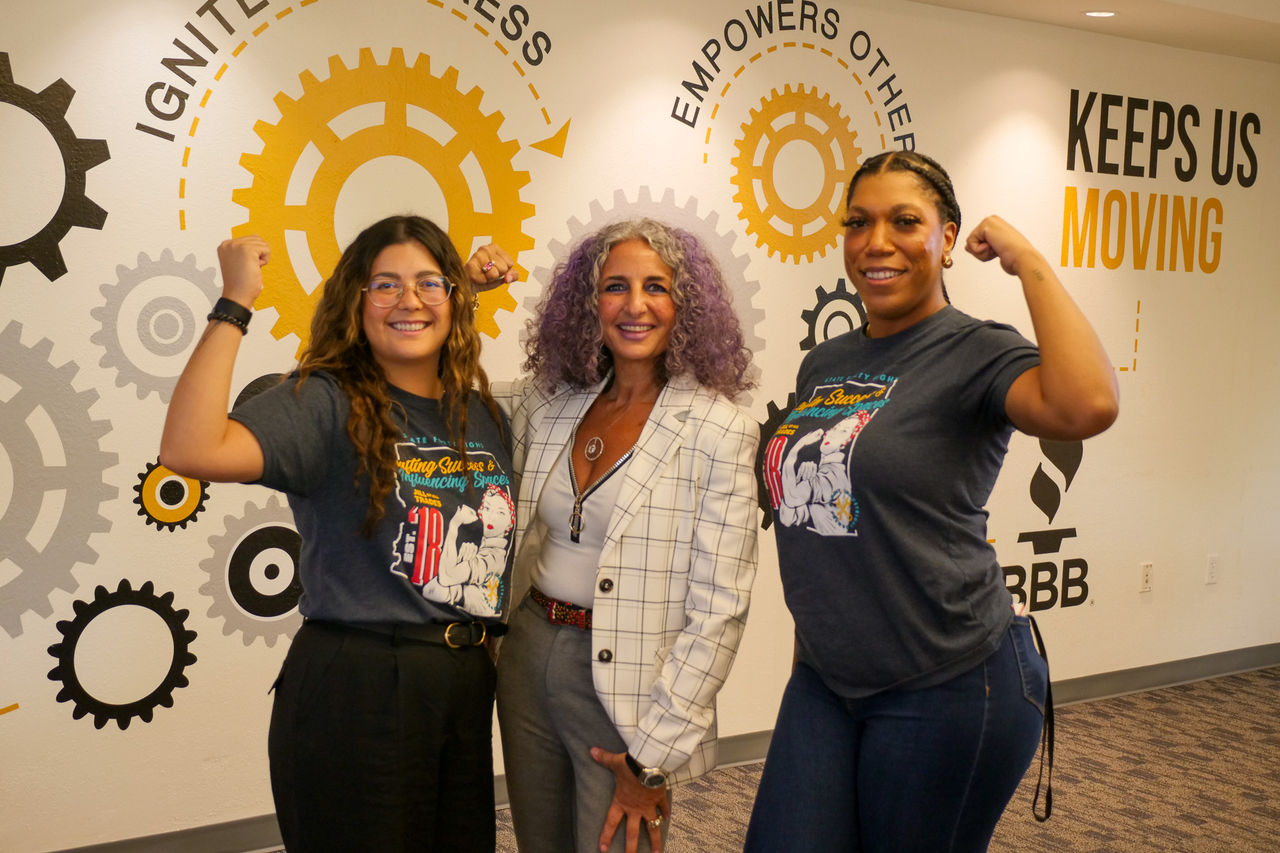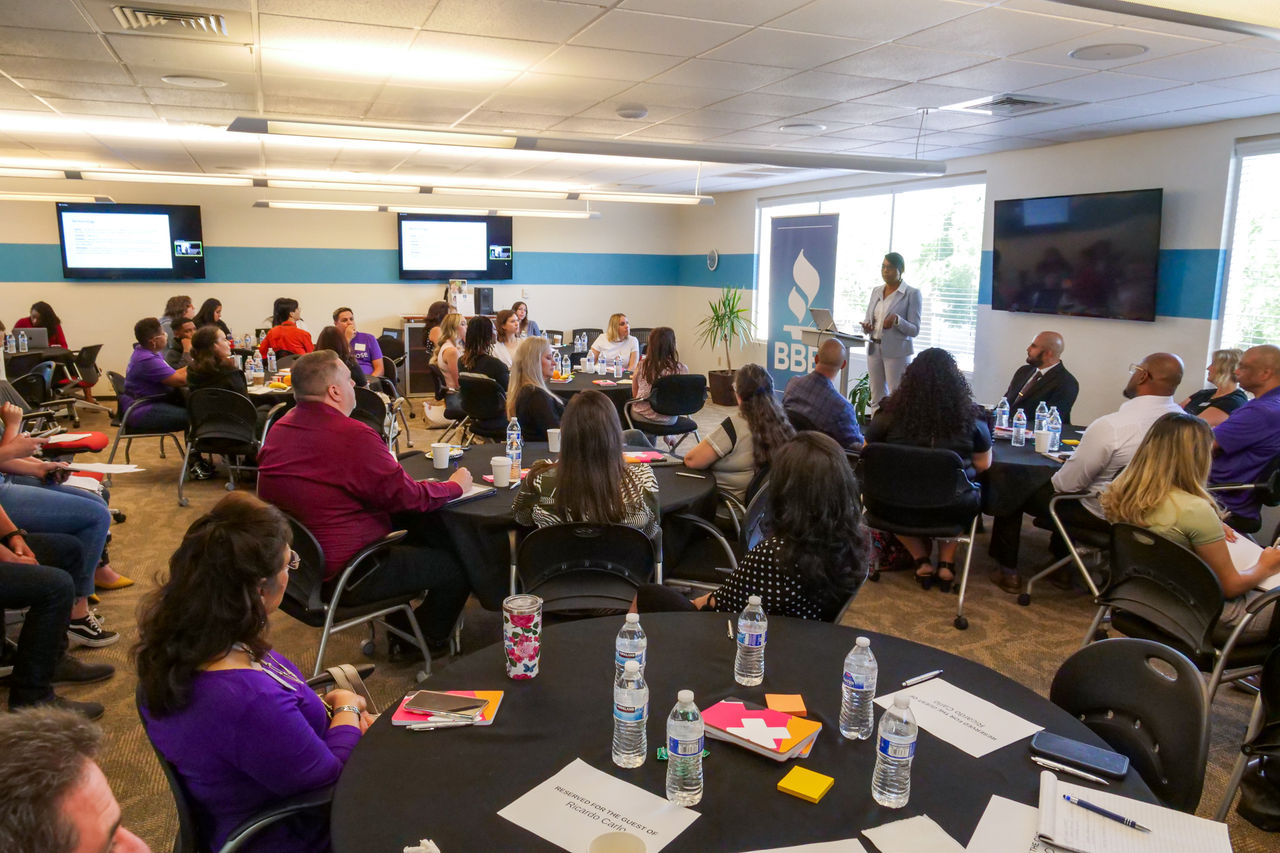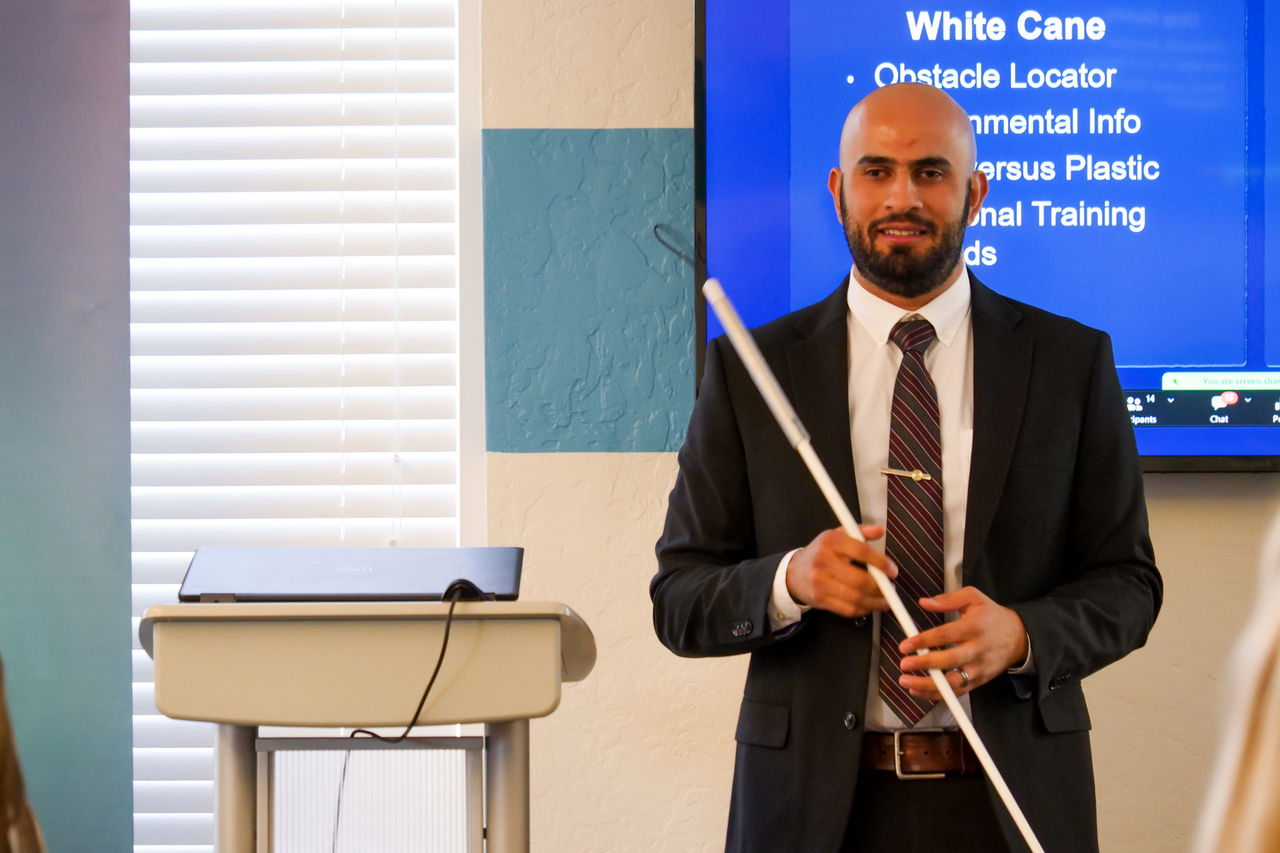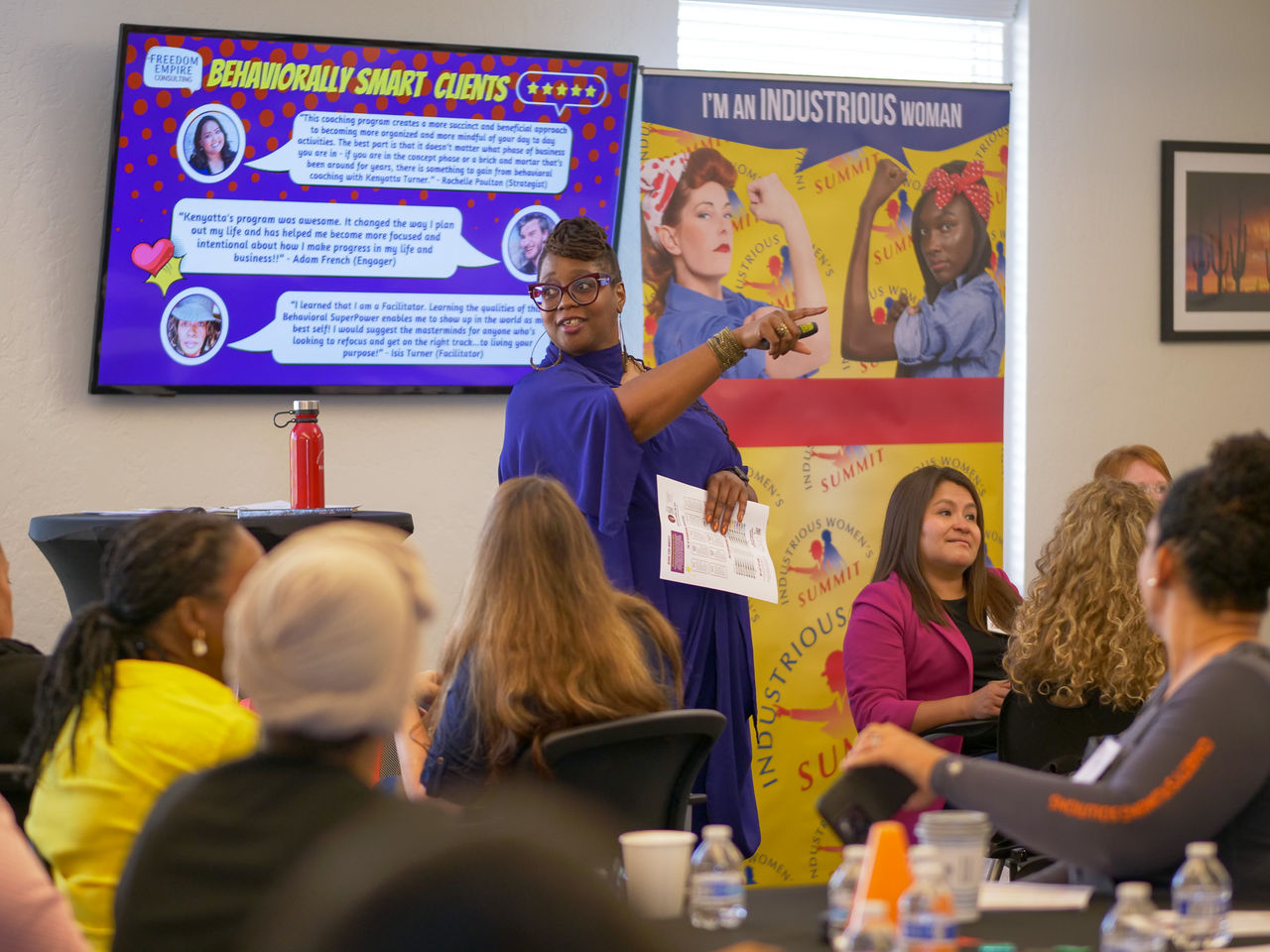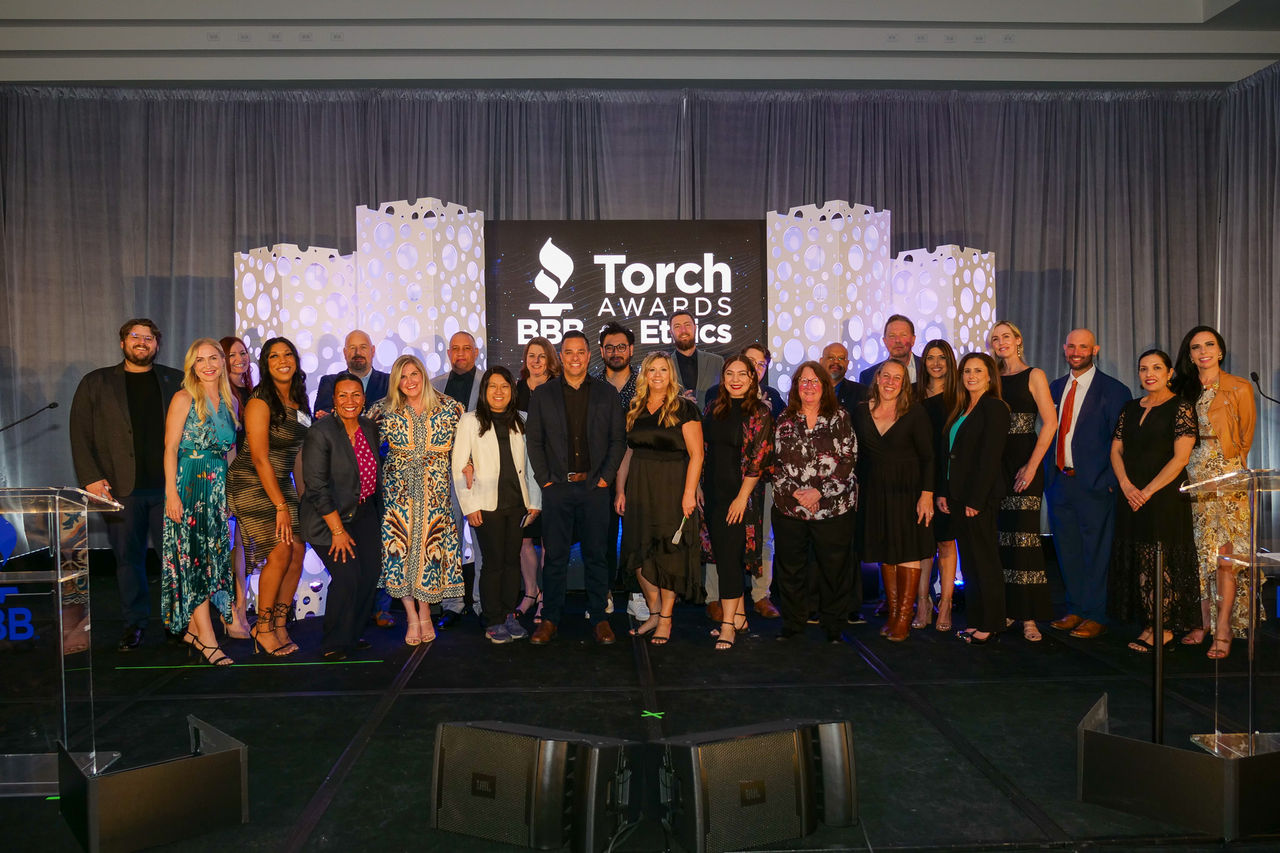Prioritizing education is an investment in individuals, communities, and the broader society. It contributes to personal fulfillment, social cohesion, and the overall advancement of civilization.
Personal development: Education provides individuals with the knowledge, skills, and critical thinking abilities needed for personal growth and development. It empowers individuals to make informed decisions and navigate life effectively.
Career opportunities: Education opens doors to various career opportunities. Higher levels of education are often associated with increased job prospects, better-earning potential, and career advancement.
Social mobility: Education is a key driver of social mobility. It provides individuals from diverse backgrounds with the tools to overcome socioeconomic barriers and achieve upward mobility.
Health and well-being: Education is linked to better health outcomes. Educated individuals tend to make healthier lifestyle choices, have access to better healthcare, and experience overall improved well-being.
Civic engagement: Education fosters civic responsibility and active participation in society. Informed and educated citizens are more likely to engage in democratic processes, contribute to their communities, and advocate for social justice.
Innovation and creativity: Education nurtures creativity and innovation by fostering critical thinking, problem-solving, and a curiosity to explore new ideas. These skills are essential for addressing complex challenges in various fields.
Cultural understanding: Education promotes cultural awareness and understanding. Exposure to diverse perspectives and ideas helps create a more inclusive and tolerant society.
Lifelong learning: Prioritizing education instills a culture of lifelong learning. In a rapidly changing world, the ability to adapt and acquire new skills throughout one's life is crucial for personal and professional success.
